The views expressed in our content reflect individual perspectives and do not represent the authoritative views of the Baha'i Faith.
As Baha’is, we strive to raise our children to know and love God and contribute to the advancement of a better world. What does that look like in practice? There are many possible answers to that question.
We — Elham and Lauren — are raising our children to be kind, to show forth sincere and deep compassion for all living beings, and to be champions of justice. For these reasons (and more) we have decided to raise our children as Baha’is and vegans.
“Vegan” is coined from taking the first three and last two letters of the word “vegetarian.” Vegans do not consume or use animal products.
General societal pressure and USDA dietary guidelines advise that children need meat and dairy to thrive, grow strong, and be healthy. It can feel intimidating to go against the status quo. Pediatric wellness visits often involve answering questions about a child’s dairy and meat intake. School lessons on nutrition discuss meat, dairy, and eggs as being good for us. This point of view is still prevalent even though the science is becoming clearer that animal products are detrimental to our health and to the planet’s health.
We each have three children and have seen them grow strong and healthy on a plant-based diet.
Elham: I recall that my 5-year-old daughter brought home a food pyramid she made at school, which included meat, dairy, and eggs as daily nutritional needs. I explained to my daughter that we should revise the food pyramid to reflect our beliefs and lifestyle. We removed the pictures of the animal products and replaced them with pictures of plant-based sources of protein and calcium.
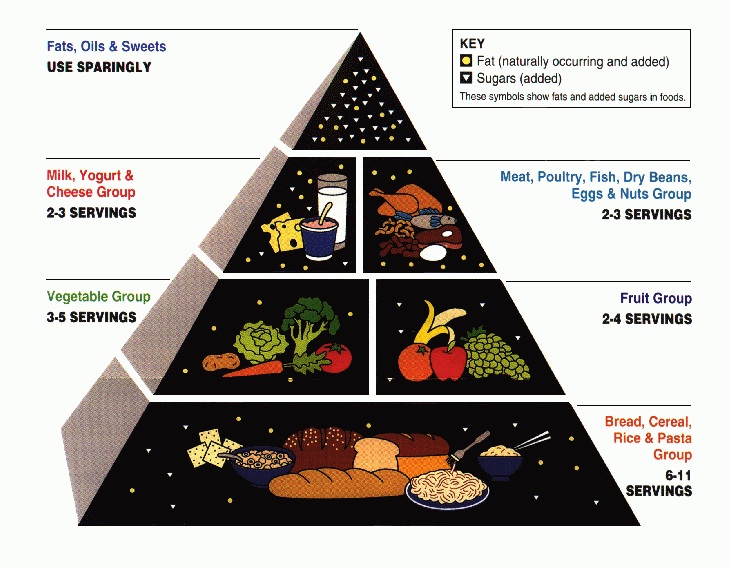
It can also be confusing to our children as they see family and friends consume animal products.
Lauren: My children have a hard time understanding why people they love are knowingly contributing to suffering. It requires many conversations about how everyone is on their own path, and we love everyone and don’t judge anyone. Once at a family gathering where people were consuming lobsters, my middle child became extremely distressed. She kept screaming and screaming, and when I examined it through her eyes, I realized how traumatizing and grotesque that must have been for her as someone who has never seen animals as food to suddenly see whole lobsters ripped limb from limb and then eaten. I realized then that children have an innate sense of compassion for all living beings and that they have to be conditioned to view only certain animals as worthy of being cared for while others as food.
Baha’is are not forbidden from eating meat — there are no dietary restrictions in the Baha’i Faith. Our understanding of the Baha’i teachings, however, provides us with continued strength and confirmation in our resolve to be vegan and to raise our children vegan.
Lauren: When my husband and I first decided to stop eating animal products, it was like a veil was lifted. All of a sudden, I just had an “aha” moment. It was like a light bulb went off and I could no longer see the world the same way. We went vegan overnight and never looked back. I like to credit this to what I have come to call the “trifecta”: the Baha’i teachings, health, and ethics. Maybe it wouldn’t have been so easy if we only had one of those reasons driving us, but with all three it was effortless.
The Baha’i Teachings and the Scientific Approach
One of the tenets of the Baha’i Faith is the harmony of science and religion. We both find strength in the Baha’i teachings that focus on science to explain our decision to be vegan. Regarding our teeth and anatomy, the Baha’i writings explain:
The food of man is cereals and fruit. Some of the teeth of man are like millstones to grind the grain, and some are sharp to cut the fruit. Therefore he is not in need of meat, nor is he obliged to eat it. Even without eating meat he would live with the utmost vigour and energy …
In a talk he gave in New York City in 1912, Abdu’l-Baha, the son and designated successor of Baha’u’llah, the prophet and founder of the Baha’i Faith, answered a question about what people who are united will eat:
[T]he teeth of man are not carnivorous. . . The human teeth, the molars, are formed to grind grain. The front teeth, the incisors, are for fruits, etc. It is, therefore, quite apparent according to the implements for eating that man’s food is intended to be grain and not meat.
This guidance in the Baha’i Writings provides us with scientific perspective and confidence as we raise our children vegan.
The Baha’i Teachings and the Compassionate Approach
The Baha’i Writings explain that it is “better,” “more pleasing,” and “preferable” to avoid killing animals if possible.
Truly, the killing of animals and the eating of their meat is somewhat contrary to pity and compassion, and if one can content oneself with cereals, fruit, oil and nuts, such as pistachios, almonds and so on, it would undoubtedly be better and more pleasing.
As vegans, we avoid the unnecessary killing of animals and the exploitation of animals to the greatest extent possible and practicable. We teach our children that animals are sentient beings, capable of pain and suffering. In fact, the Baha’i teachings discuss the capacity of animals to suffer and encourage us to be kind to them:
It is not only their fellow human beings that the beloved of God must treat with mercy and compassion, rather must they show forth the utmost loving-kindness to every living creature. For in all physical respects, and where the animal spirit is concerned, the selfsame feelings are shared by animal and man. Man hath not grasped this truth, however, and he believeth that physical sensations are confined to human beings, wherefore is he unjust to the animals, and cruel. And yet in truth, what difference is there when it cometh to physical sensations? The feelings are one and the same, whether ye inflict pain on man or on beast. There is no difference here whatever . . . It is essential that ye show forth the utmost consideration to the animal, and that ye be even kinder to him than to your fellow man.
The Baha’i teachings also tell us to “train your children from their earliest days to be infinitely tender and loving to animals.”
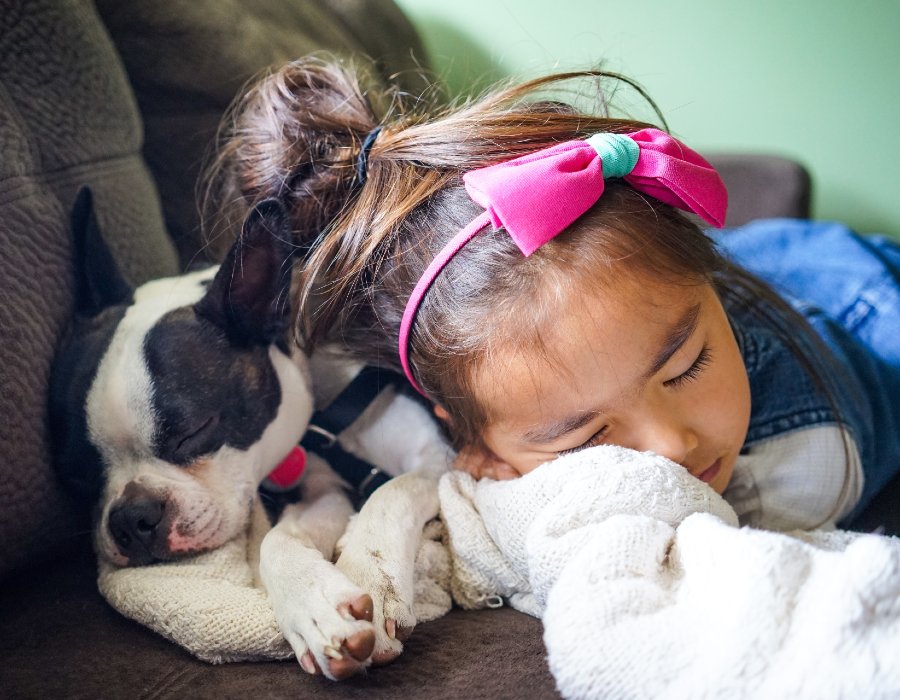
As we teach our children to show kindness and compassion to all living beings, we also seek to live a lifestyle that aligns with those ideals from the food we eat to the products we use and the entertainment we enjoy. We are on a path of learning and striving, and we make mistakes just like anyone else, but we find that being Baha’i and being vegan are in perfect harmony with one another.
The Food of the Future
The Baha’i teachings explain that human beings are naturally designed to eat plants (not animals) and that, because of this, the food of the future will only be plants. Abdu’l-Baha wrote:
The time will come when meat will no longer be eaten. Medical science is only in its infancy, yet it has shown that our natural diet is that which grows out of the ground. The people will gradually develop up to the condition of this natural food.
Could it be that we are reaching that “time” discussed by Abdul-Baha over 100 years ago? We recognize that there are parts of the world where access to fresh fruits, vegetables, and grains is limited, and therefore, people must consume animal products to survive. However, those places are becoming rare, and many of the poorest communities worldwide consume very little meat simply because it is not cost-effective.
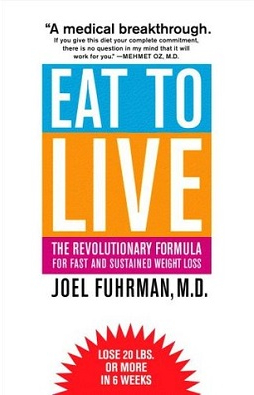
Medical science is beginning to understand the correlation between consuming animal products and chronic diseases. In 2015, the International Agency for Research on Cancer, the France-based cancer research arm of the World Health Organization, deemed processed meats to be a carcinogen and red meat to be a probable carcinogen. Studies have found that dairy consumption is linked with cognitive decline. Books such as “Eat to Live”, “Fit for Life”, and the “China Study” have linked animal products with cancers, osteoporosis, and heart disease.
We are also facing a climate emergency. In a report released in 2019, the United Nations Intergovernmental Panel on Climate Change stated that eating animals is a factor in the climate crisis. The panel encouraged a transition to eating more of a plant-based diet. Thanks to advancements in food science, plant-based alternatives are more widely available such as tofu, tempeh, and plant-based milks.
Support and Inspiration
We find support and inspiration in the Baha’i teachings to live a vegan lifestyle and raising our children vegan, but it is certainly not without its challenges. The following approaches have been helpful and useful:
- Explaining and communicating with our children early and often that the Baha’i Writings and science support eating a plant-based diet.
- Explaining to our children that not everyone is vegan, just like not everyone is the same religion. Everyone is on their own path, and this is the path that we have chosen.
- Bringing plant-based food to parties and gatherings.
- Cultivating empathy and compassion in our children through service projects.
- Nurturing our children’s innate love and compassion for animals.
- Educating ourselves on the science behind eating a plant-based diet.
Ultimately, our children will need to practice the Baha’i principle of the independent investigation of truth and make their own choices. In the meantime, we strive to give them a strong foundation and live our lives by example.


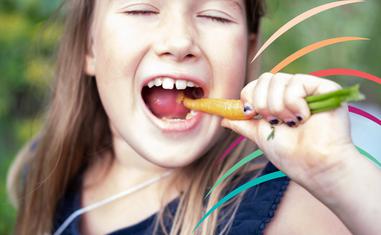





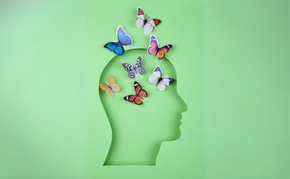









Comments
Sign in or create an account
Continue with Facebookor